
How to Take Care of Your Child's Teeth
The teeth of babies usually start to appear when they’re about 6 to 12 months old and can be completely seen (20 teeth in total) at age 3. These are called baby teeth, milk teeth or primary teeth because they start falling out one by one when children are between 5 and 6 years old.
Parents should take care of their children’s dental health to prevent plaque build-up. Plaque, a clear film of bacteria, may cause cavities (holes in the teeth) and gingivitis, which can make gums painful, red and swollen. And as you know, both of these can make eating, speaking and even smiling more difficult.
8 Tips to Brushing Your Child’s Teeth Properly
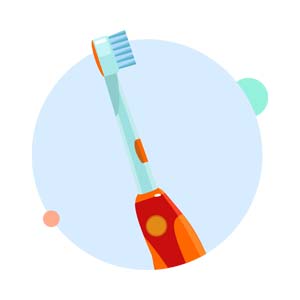 1. Use a toothbrush with soft bristles. |
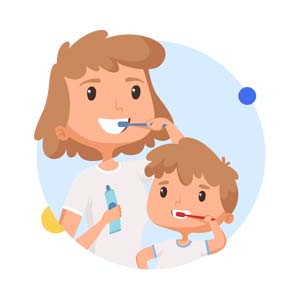 2. Brush your child’s teeth at least twice daily (one before bedtime and one after breakfast or after eating sweets). |
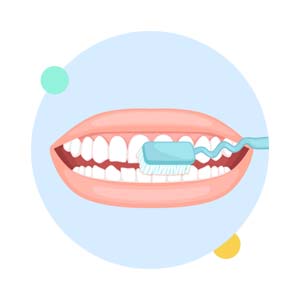 3. Gently brush all the teeth in small circles, up and down for about two minutes. |
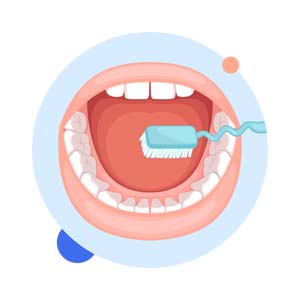 4. Don’t forget to brush or clean the tongue as well. |
 5. For parts without teeth, you can use a clean, wet and soft cloth to wipe your child’s gums and remove bacteria. |
 6. Use a children’s toothpaste with no less than 1,000 ppm of fluoride. |
 7. Use only a pea size of the toothpaste every toothbrushing session. |
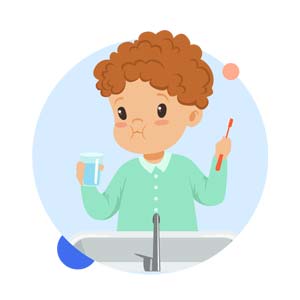 8. Help your child spit out the toothpaste after brushing. |
Other Tips in Taking Care of Your Child’s Teeth
Here are some more tips that can help keep your child’s teeth in tip-top shape.
- Visit the dentist as soon as his/her first baby tooth appears. This can also help your little one become more familiar with the dentist and get used to visiting their office when needed.
- Avoid giving your child sugary snacks and drinks to prevent tooth decay and cavities.
- Regularly visit your dentist and/or pediatrician as advised.
Final Thoughts
Taking care of your child’s teeth won’t only make his/her smile look great. It can also help you protect your child from experiencing pain related to cavities, gingivitis and other oral problems. If your child has specific tooth or gum concerns or if you have questions about children’s dental health in general, please don’t hesitate to speak with your dentist or pediatrician. All the best!
Sources:
KidsHealth
NHS
Healthline


